The government has quietly announced a major change – but you need to know about it
Sophie Hobson is the editor of LondonlovesBusiness.com. Tweet her@sophiehobson
The government is making a radical change to the way it delivers public health campaigns.
It is a shift in the modus operandi that has been creeping in over the last couple of years, and has now been made universal in a new publication on Public Health England’s Marketing Strategy for 2014-17.
All government public health campaigns will now be launched in partnership with another organisation – as cheerily announced in a section titled “We will only ever work in partnership”.
Some of these organisations will be NGOs. (The government has worked in partnership with NGOs since 2002.)
But many will be corporations, paying for their involvement in public health messaging.
To give you an idea of the pace of the shift towards corporate-funded public health messaging, the report states that five years ago, the Change4Life campaign had only 10 commercial sector partners.
Today, it has more than 200 (including PepsiCo, hardly known for its healthy image).
The story has been uncovered by Russell Parsons at Marketing Week, and full credit to him, because Public Health England (PHE) is yet to release its forthcoming marketing strategy online at time of writing – though it has sent us a copy, which you can view by clicking on the ‘related files’ on the right (see pg. 22).
Why does this change matter so much?
Take a look at this chart from the report, which shows how financial/in-kind contribution from partners to the Change4Life campaign has now actually surpassed the amount of money the government is putting in:
If commercial partners are fronting up more cash for certain campaigns than the government itself, it’s not unreasonable to deduce that they will have as much – if not more – influence over the messaging of campaigns.
Who do you think is going to be most likely to put up the resources and cash for these public health campaigns?
I don’t think it’s far-fetched to suggest it might be those companies that need to clean up their reputation when it comes to health.
After all, Coca-Cola and McDonald’s didn’t pay mega-millions for worldwide sponsorship rights for the London 2012 Olympics out of the goodness of their corporate hearts.
This up-shift in government strategy opens the door to possibilities riddled with conflicts of interest: healthy eating campaigns brought to us in partnership with PepsiCo (see example above), obesity adverts supported by junk food multinationals…
So why is the government doing this?
In short, PHE needs the money.
PHE will invest £53m in the year to March 2015 into public health marketing campaigns.
In the year ahead, it aims to raise £25m of in-kind support from partners. This gives you an idea of how significant that external funding is.
As it happens, PHE has the largest partnerships team in government and works with 214 key national and 70,000 local partners.
And while the report claims that external partners are “interested in, and stand to benefit from, a healthier England”, I believe this new strategy puts the nation’s health at serious risk from influences that don’t necessarily have our best interests at heart.
Public health messaging should be in the interest of citizens, not corporates. It should not be up for sale.
If you agree, tweet me @sophiehobson or let me know in comments below.
READERS’ COMMENTS (1)
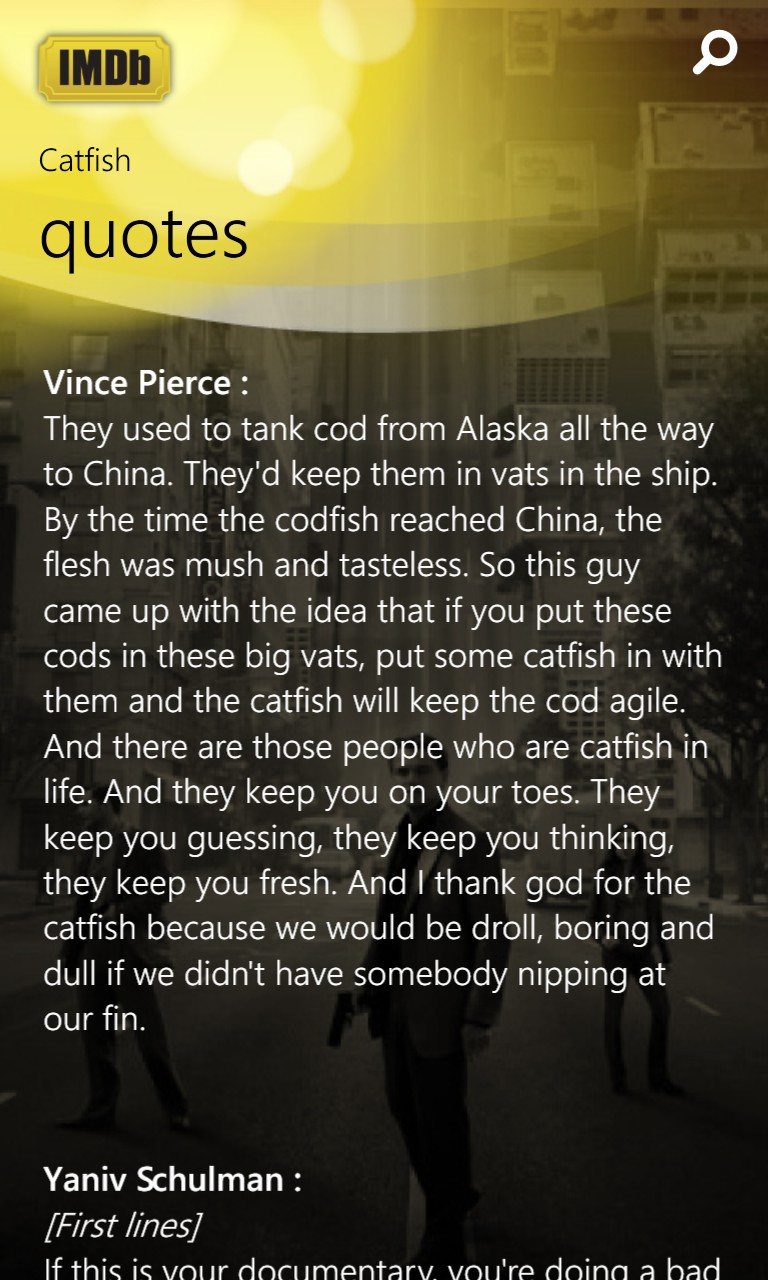

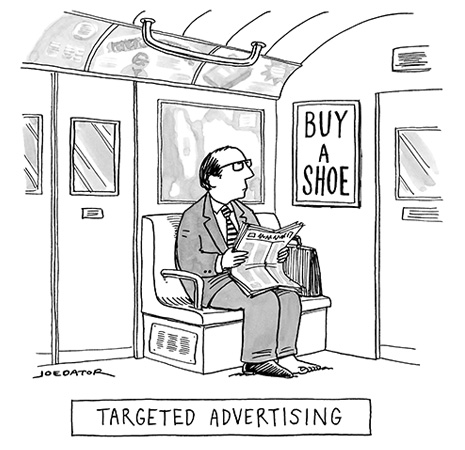
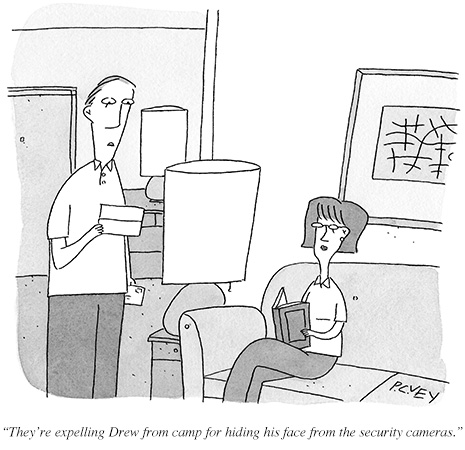
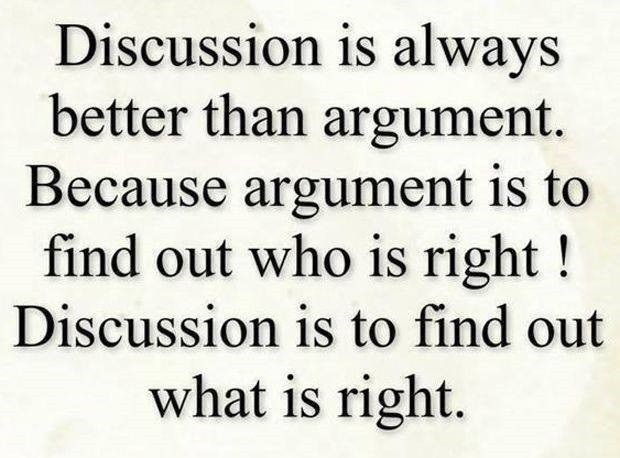



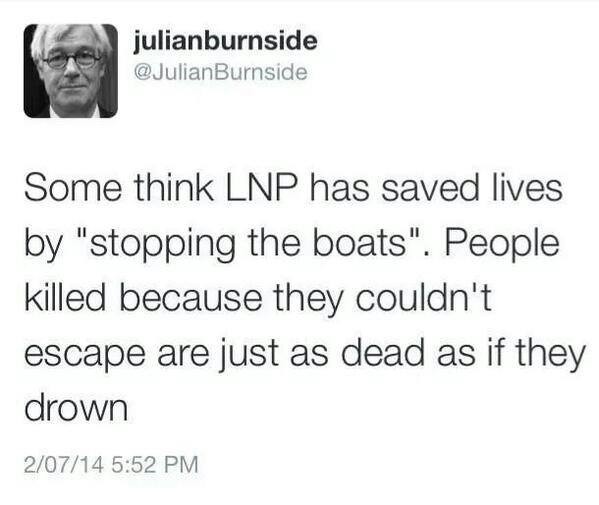
Rebecca Hobson | Thu, 3 Jul 2014 12:17 pm
Great, thought provoking piece – but I’m not sure I agree. I imagine there’ll be stringent measures in place around any corporate sponsorship of public health messaging, and effectively, these brands will end up subsiding PHE – which it badly needs? Also, if PHE puts out a message saying ‘drink only one can of pop a day’, say, won’t it be more powerful if it’s sponsored by the pop brand itself? Ppl are far more likely to listen to Pepsi than the government.
Unsuitable or offensive? Report this comment